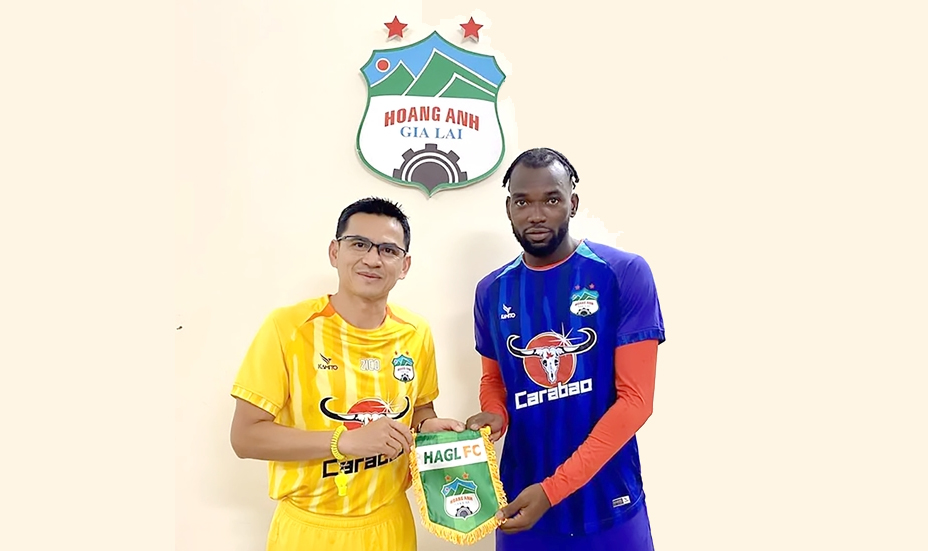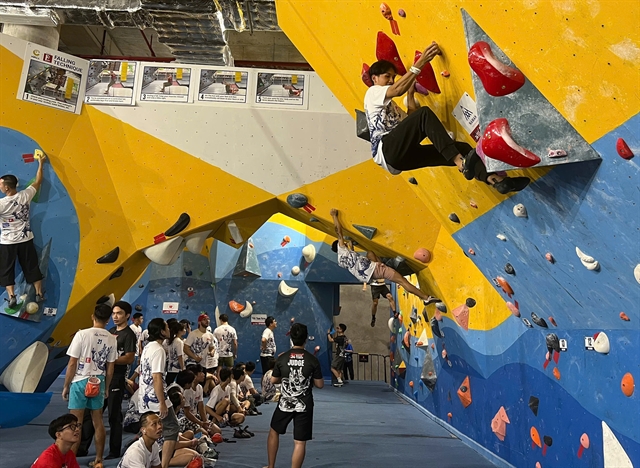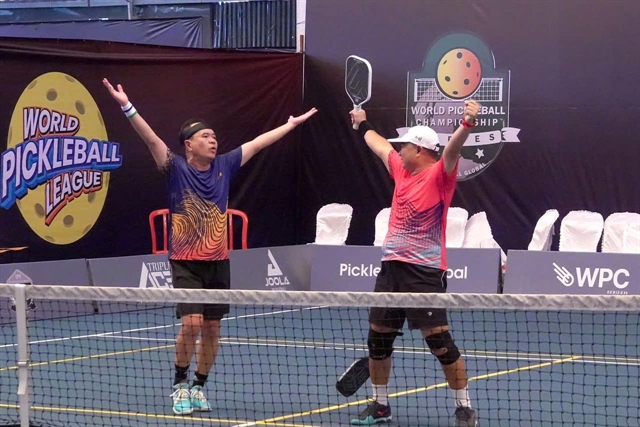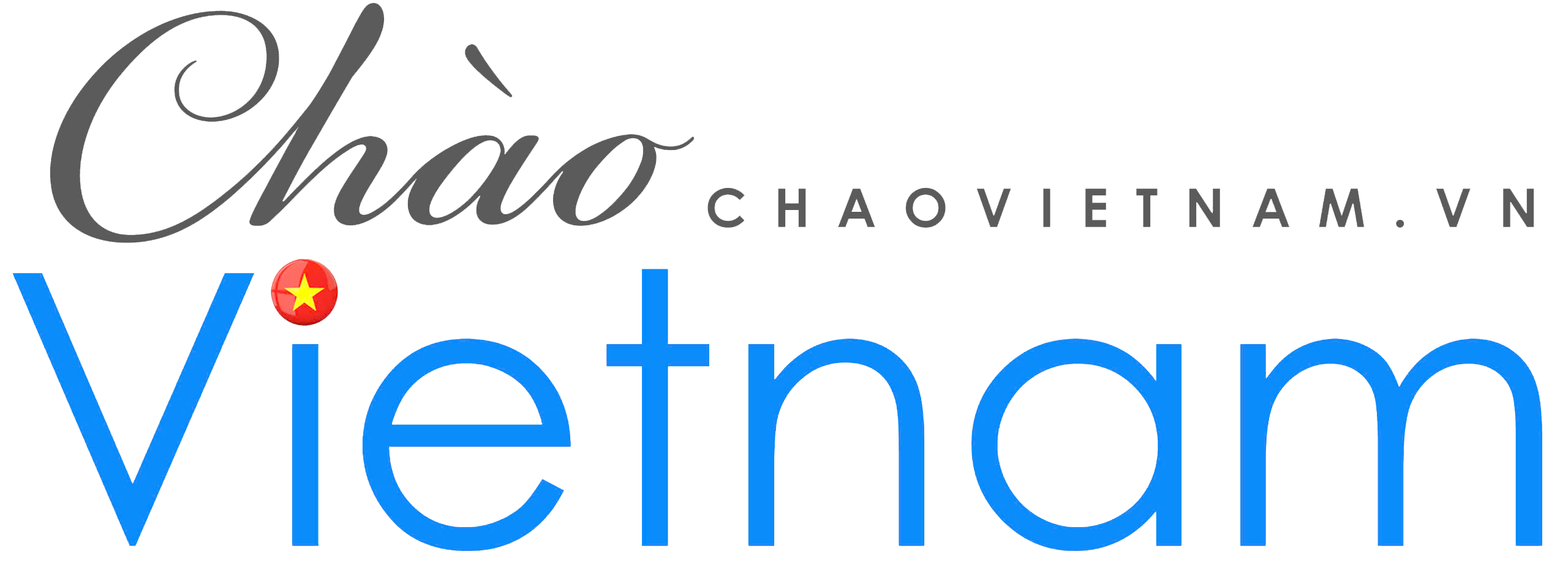Another blow to Vietnamese football last week, as LPBank Hoàng Anh Gia Lai FC was handed an indefinite transfer ban from FIFA after failing to resolve a salary dispute with former player Martin Dzilah

Martin Dzilah (right) pictured with former HAGL coach Kiatisuk during his time as a player. — Photo of Hoàng Anh Gia Lai FC. By Anh Đức
Another bad deed came the way of Vietnamese football last week, as LPBank Hoàng Anh Gia Lai FC were handed an indefinite transfer ban from FIFA after failing to resolve a salary dispute with former player Martin Dzilah.
According to the document from football's governing body, HAGL FC are forbidden to register new players, both in international competitions and domestic competitions, until the dispute with Dzilah has been resolved.
The long-running series of V.League teams and contract disputes with foreign players continue, but this is the first time a ban of such severity has been handed out.
Dzilah, who played at HAGL in the 2023-24 season, suffered from a knee injury and reached a consensus with HAGL to prematurely end his contract for US$20,000. However, Dzilah then accused the club of not paying him the fee and filed a report to FIFA.
HAGL countered with proof that Dzilah had received the money in cash, not by way of wire transfer, in a document with the former player's signature confirming that he had received the money.
However, this did not convince FIFA and the Zurich-based organisation ordered HAGL to pay a total of US$29,000 to Dzilah in 45 days or face a transfer ban, which the Pleiku-based club did not comply with by the deadline.
Đoàn Nguyên Đức's club intends to appeal the decision, but the chance for a reversal is slim, since HAGL failed to follow the regulations multiple times during Dzilah's case by paying in cash instead of by wire transfer and not immediately reporting the full situation to FIFA after Dzilah filed his claim.
The streak of V.League teams facing claims from foreign players keeps growing and it shows that they desperately need stronger legal departments to prevent these occurrences from repeating. This will benefit clubs and the reputation of Vietnamese league football as a whole.
If a club has a legal representative, matters of salary and bonuses will be regulated from the start, preventing later disputes. Silly mistakes, such as paying by cash, which did not comply to FIFA rules, will also be avoided, which will lead to lesser fines for clubs.
In the era of globalisation, league football worldwide is evolving to adapt into a multinational, multiracial environment. Clubs should not look at players as simply gullible physical workers, but rather, partners in the business of football.
Only in doing that, will more and better foreign players come and invigorate the football here. But if we do the opposite and the reputation of the 'unpaid salary league' persists, it would spell a slow doom for Vietnamese football.
VNS












